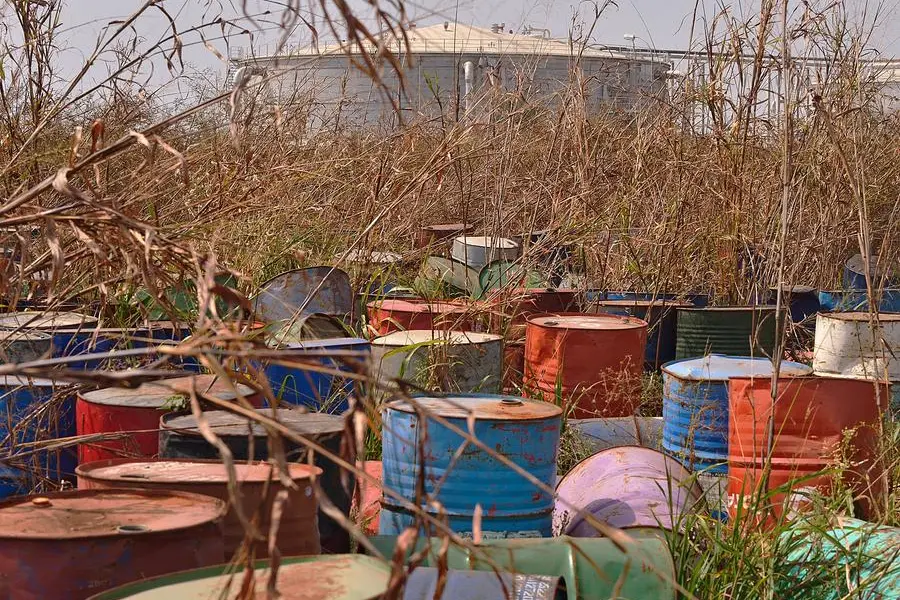PHOTO
Juba and Khartoum have agreed to resume oil production and export, signalling cooperation over a key pillar of their economies that had been halted after war erupted in Sudan.
The details emerged after bilateral discussions between South Sudanese President Salva Kiir and Sudanese military leader Abdel Fattah al-Burhan on Monday.
This comes after four months of work on the oil infrastructure after disruptions caused by conflict.
South Sudan’s oil exports were halted on February 6, 2024, due to damage to the Jabelyn-Port Sudan pipeline. A force majeure was declared on March 16 after gelling was discovered between Pump Stations 4 and 5, both situated within a military conflict zone.
South Sudan has most of the oil in the Sudans, but relies almost entirely on the pipeline running through Sudan for exports via Port Sudan.
During his second visit to Juba, since the outbreak of war, Gen Burhan said that Sudanese engineers had completed the necessary technical preparations for the resumption of oil production.
South Sudan's Foreign Affairs Minister Ramadan Abdalla Mohammed Goc confirmed that South Sudanese engineers were expected to visit Sudan in the coming weeks to assess the readiness of the oil facilities for restarting production.“In their talks, President Kiir reaffirmed his government's commitment to restoring peace and stability in Sudan," said Goc, referring to the Kiir-Burhan meeting.
Gen Burhan, on his part, acknowledged President Kiir's efforts towards peace and stability and expressed his gratitude for the regional initiatives spearheaded by South Sudan to promote economic growth and stability between the two nations.
But the biggest question is how realistic these discussions are, particularly regarding the safety of the pipeline, a big section of which is in territory now controlled by the Rapid Support Forces (RSF), who have been fighting against the Sudan Armed Forces since April 2023.
South Sudan relies almost entirely on its oil exports to run its economy, and the impact of that export freeze was seen in the many months that civil servants have gone without pay.
The country has also been forced to delay elections after budget constraints compelled it to stall on key political reform programmes, including voter registration.
Reactions from the South Sudanese public on the presidential Facebook page reflected a mixture of scepticism and calls for transparency in the use of public oil funds."The most pressing question for many South Sudanese is what happened to the recent agreement between South Sudan and the People's Republic of China about the construction of a pipeline from South Sudan to Djibouti."We were hoping our government had learned from its past mistakes," commented Mabior Amanydit. "As a concerned citizen, I'm asking our government not to be used as puppets by Sudan. South Sudan should start being independent for its own prosperity."Ngor Bol echoed a sentiment shared by many, calling for accountability: "This time, our oil money should be directed to the bank so that every citizen in this country benefits from it."Both nations continue to face challenges stemming from the ongoing conflict. They agreed to open humanitarian corridors, allowing aid to be channelled to refugee camps on both sides.
According to official data, some 607,000 South Sudanese refugees, who were originally residing in Sudan, have returned to South Sudan.
They have been joined by 183,000 Sudanese nationals and 3,500 migrants and refugees from other countries. This brings the total number of Sudanese refugees to 2.2 million, including those displaced by sporadic clashes before the war escalated.
© Copyright 2022 Nation Media Group. All Rights Reserved. Provided by SyndiGate Media Inc. (Syndigate.info).




















